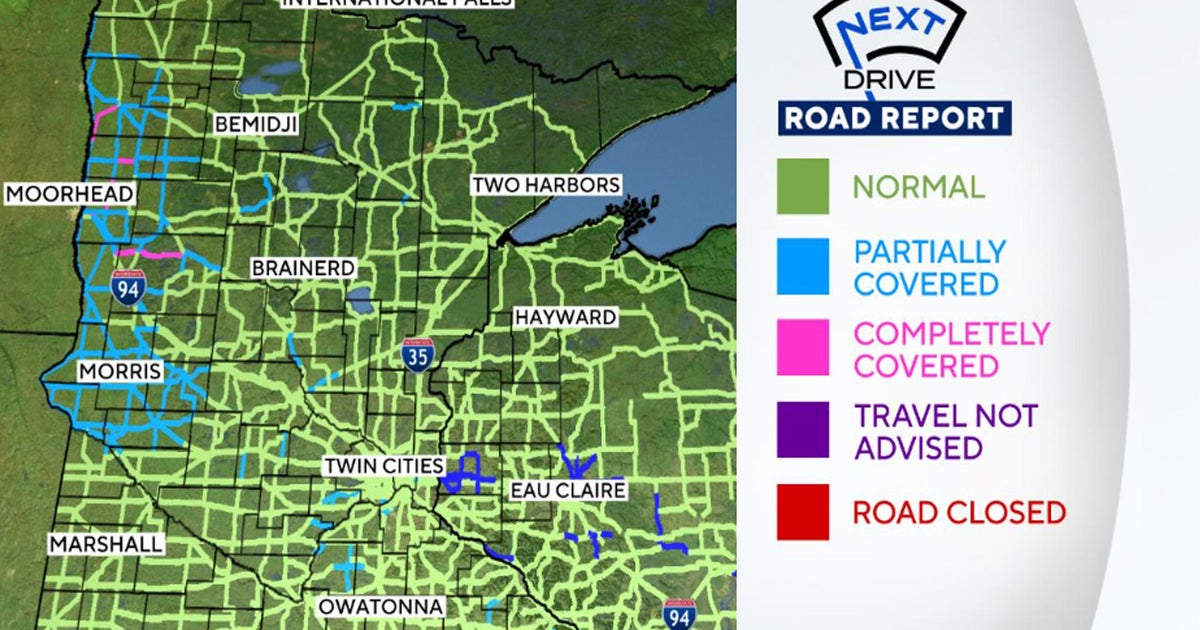St. Paul hospital is home to a machine that improves heart attack survival rates
ST. PAUL, Minn. — Every year, more than 800,00 Americans have a heart attack and about half don't make it.
At Regions Hospital however, a machine that increases survival is becoming more readily available.
For people like Mark Hammersness, this technology will be life-changing.
A sunny September day quickly turned dark for Hammersness.
"As I was mowing the grass, I can start to feel chest pain," said Hammersness.
READ MORE: New simulation center at Regions Hospital uses AI to train thousands of health care workers
Hammersness was having a heart attack in his driveway
"The survival rate of a heart attack like I had is less than 10%. So, I'm really lucky to be here," said Hammersness.
Hammersness was rushed to Regions Hospital and into surgery where doctors placed two stents in his arteries. Dr. Charles Bruen, a doctor who provided care for Hammersness, remembers the incident clearly.
"He kept having repeated cardiac arrest again and we would shock him, he would recover and again another cardiac arrest," said Bruen.
That's when Hammersness was put on this ECMO machine to give his body the time it needed to rest and get stronger.
ECMO stands for Extracorporeal Membrane Oxygenation.
"That saved my life. If it wasn't for that ECMO I wouldn't be here right now," said Hammersness.
This machine buys critical patients more time by supporting their heart and lung functions so the organs can recover.
"It removes patients' blood through a vein, pushes it across a pump to provide a pumping action and across artificial lung that both oxygenates blood and removes carbon dioxide and returns that to the patient," said Bruen.
Bruen says that starting April 1st Regions will have all the capabilities to serve patients at the hospital without transferring them somewhere else for care.
"We can support them to give them time for their organs to recover," said Bruen.
And that's exactly what ECMO gave Hammersness: time to heal.
"I've made a great recovery and I'm doing everything I did before," said Hammersness.
Now he's spending that time travelling the world, and that's all thanks to this machine and his care team.



